
The FDA has granted an accelerated approval to single-agent pembrolizumab for the treatment of patients with metastatic small cell lung cancer who have disease progression on or after platinum-based chemotherapy and ≥1 other prior line of therapy.

The FDA has granted an accelerated approval to single-agent pembrolizumab for the treatment of patients with metastatic small cell lung cancer who have disease progression on or after platinum-based chemotherapy and ≥1 other prior line of therapy.
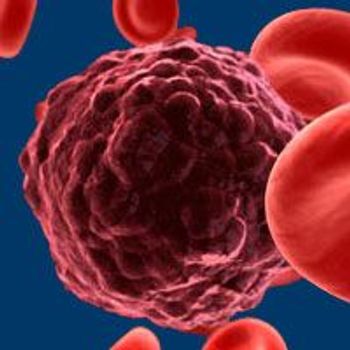
The combination of lenalidomide (Revlimid) with rituximab (Rituxan), cyclophosphamide, doxorubicin, vincristine, and prednisone (R-CHOP; R2-CHOP) did not improve progression-free survival compared with placebo and R-CHOP as a frontline therapy in patients with activated B-cell-type diffuse large B-cell lymphoma, missing the primary endpoint of the phase III ROBUST trial.
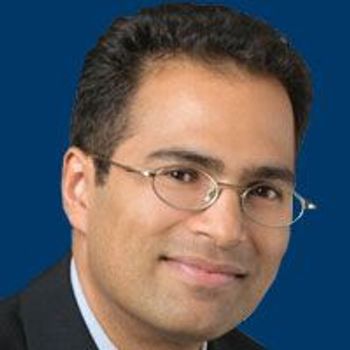
Tagraxofusp led to a 90% overall response rate as a first-line therapy in patients with blastic plasmacytoid dendritic cell neoplasm.

The administration of HER2-directed CAR T-cell therapy and lymphodepletion chemotherapy demonstrated antitumor activity and was found to be safe in pediatric and adult patients with advanced HER2-positive sarcoma.

The FDA has granted a priority review designation to a supplemental biologics license application for pembrolizumab (Keytruda) as a treatment for patients with advanced small cell lung cancer whose disease has progressed following ≥2 prior lines of therapy.
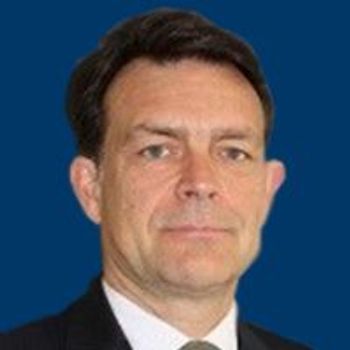
The UK’s National Institute for Health and Care Excellence has authorized the use of the CAR T-cell therapy tisagenlecleucel (Kymriah) for the treatment of adults with relapsed/refractory diffuse large B-cell lymphoma who have received ≥2 lines of chemotherapy.

The FDA has granted the investigational BTK inhibitor zanubrutinib a breakthrough therapy designation for the treatment of adult patients with mantle cell lymphoma who have previously received at least 1 prior therapy.
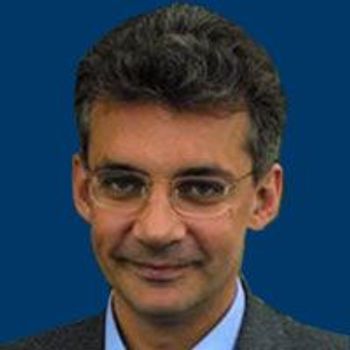
Two-year maintenance therapy with ixazomib led to a 39% improvement in progression-free survival compared with placebo in patients with newly diagnosed multiple myeloma who achieved a partial response to induction treatment with a proteasome inhibitor and/or an immunomodulatory agent following autologous stem cell transplant.

Concurrent treatment with ibrutinib and the CD19-targeted chimeric antigen receptor T-cell therapy JCAR014 was well tolerated and led to an overall response rate of 83% in patients with relapsed or refractory chronic lymphocytic leukemia.
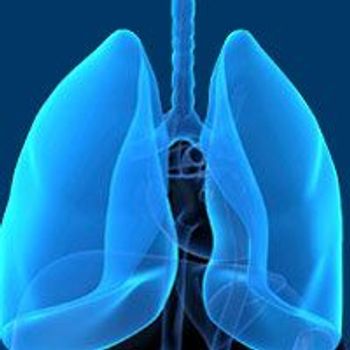
The combination of nivolumab (Opdivo) and ipilimumab (Yervoy) did not improve overall survival versus placebo as a maintenance therapy for patients with extensive-stage small cell lung cancer without disease progression following frontline platinum-based chemotherapy.

The FDA has granted a fast track designation to selinexor for the treatment of patients with previously treated diffuse large B-cell lymphoma who are ineligible to receive high-dose chemotherapy with stem cell rescue or CAR T-cell therapy.

Frontline pembrolizumab monotherapy showed an improvement in overall survival and duration of response versus standard therapy in patients with PD-L1–positive recurrent or metastatic head and neck squamous cell carcinoma; however, there was not a similar improvement in progression-free survival or overall response rate with the PD-1 inhibitor.

Upfront testing for BRAF V600E mutations is necessary for patients with non–small cell lung cancer, but if results are positive, physicians are unsure when to administer BRAF/MEK combination therapy—and they must be prepared to manage the associated adverse events.
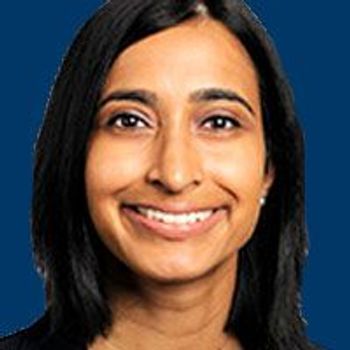
With durvalumab (Imfinzi) being hailed as a potentially practice changing therapy in locally advanced non–small cell lung cancer, ongoing studies are seeking to determine the efficacy of immunotherapy in earlier stages of disease.

Nina Shah, MD, discusses immunotherapy and cellular treatments moving fast through the multiple myeloma pipeline, and the hope for CAR T-cell therapy to move up to earlier lines of treatment.
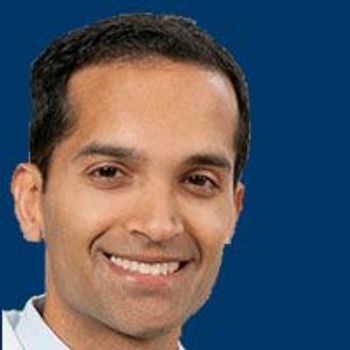
Sagus Sampath, MD, discusses ongoing studies exploring checkpoint inhibitors with radiation therapy and the promise of integrating these 2 treatments in the field of non-small cell lung cancer.
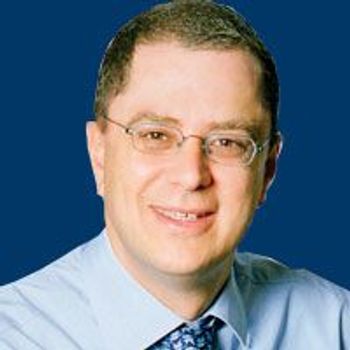
Ghassan K. Abou-Alfa, MD, discusses what he sees coming down the pike in epatocellular carcinoma with regard to novel agents, including CAR T-cell therapy, and the burgeoning questions with optimal sequencing of these treatments.
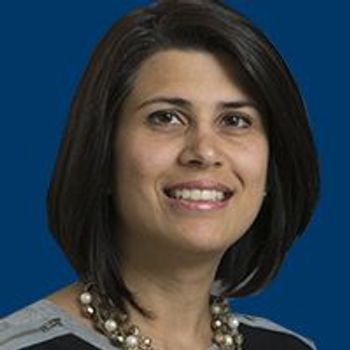
Reem Karmali, MD, discusses ongoing key trials of CAR T-cell therapy, the chronic safety concerns with the treatment, and what combinations have the most potential.

Saad Z. Usmani, MD, discusses recent multiple myeloma data, the potential role of CAR T-cell therapy, and what therapeutic advancements the community can expect in the remainder of 2017.
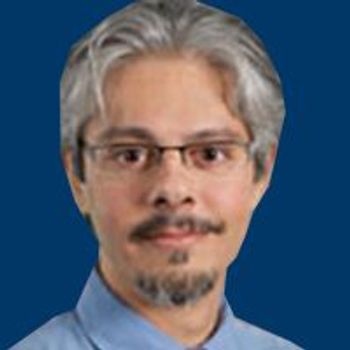
Bijal D. Shah, MD, discusses the current treatment paradigm of MCL, what therapies are moving through the pipeline at a rapid rate, the potential benefit with CAR T-cell therapy, and pivotal biomarker studies currently being conducted.

Sarah Rutherford, MD, discusses rare DLBCL subtypes, ongoing research to improve outcomes for these patient populations, and the potential role of CAR T-cell therapy.

Ruben Niesvizky, MD, discusses some of the exciting advances, the potential of chimeric antigen receptor T-cell therapy, and emerging combination regimens on the horizon in multiple myeloma.
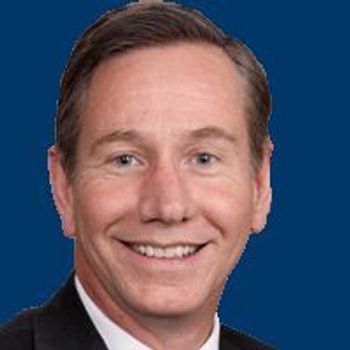
Stephen M. Ansell, MD, PhD, discusses the potential of immunotherapy agents in lymphoma, ongoing clinical trials, and where this blends in with chimeric antigen receptor (CAR) T-cell therapy.

Sophie Papa, MD, discusses the early-phase results and the logic behind studying CAR T-cell therapy in solid tumors, such as head and neck cancer.

Frederick L. Locke, MD, discusses the ZUMA-1 trial in non-Hodgkin lymphoma and the next steps going forward.
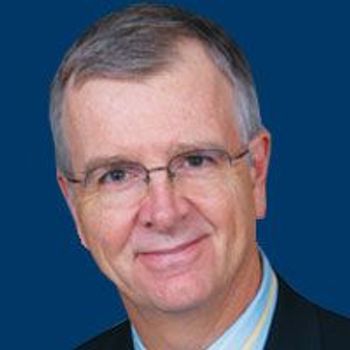
Frontline therapy for patients with ALK-positive non–small cell lung cancer is poised to change in the coming years, as researchers continue to explore agents beyond crizotinib.

An investigational anti-BCMA chimeric antigen receptor T-cell therapy demonstrated an objective response rate of 78% in patients with relapsed/refractory multiple myeloma.
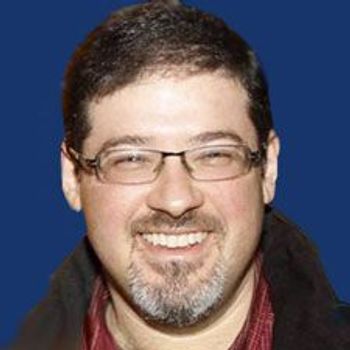
Individualizing frontline therapy for patients with non–small cell lung cancer based on preferences and clinical experience, as well as efficacy and safety data from pivotal trials, is an appropriate method for selecting EGFR-targeted agents.